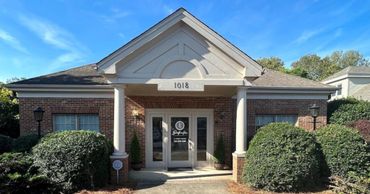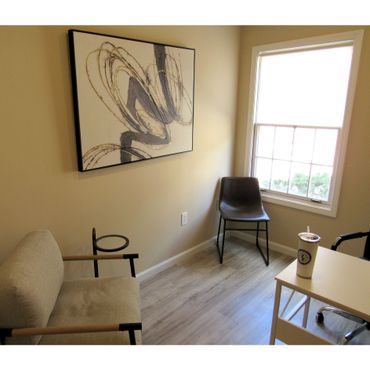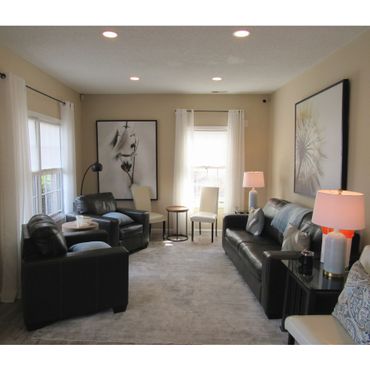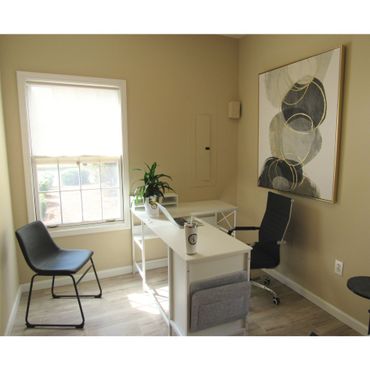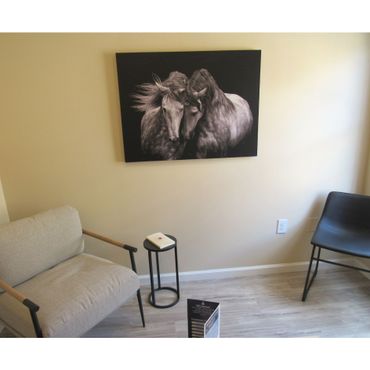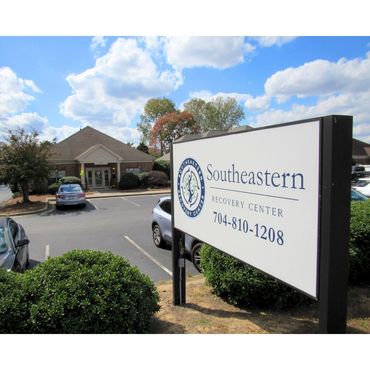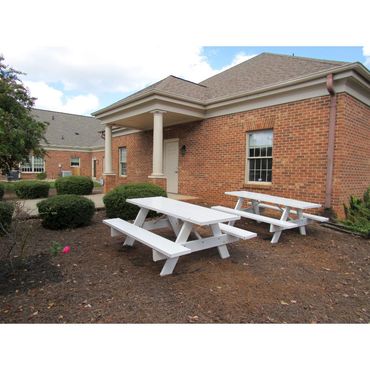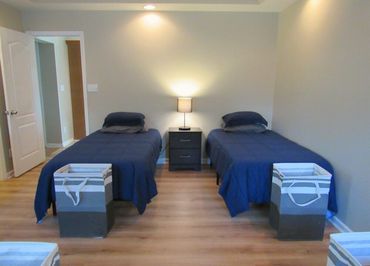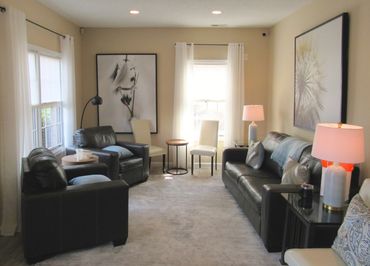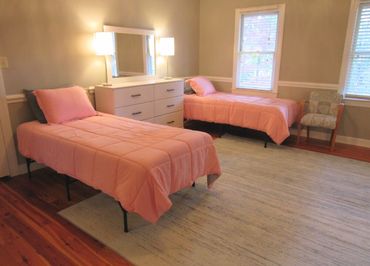
Drug & Alcohol Rehab Centers near Raleigh, NC
If you’re struggling with addiction, it can be hard to see the light at the end of the tunnel. Addiction is a trying disease, but it can be treated and many people find lasting recovery. While recovery looks different for everyone, it often involves rehab. Fortunately, several rehabilitation centers in Raleigh, North Carolina, offer care for people struggling with mild to severe substance use disorders.
Treatment Centers near Raleigh, NC
Open to Travel? Check out Top-Rated Options
All Treatment Centers near Raleigh, NC
Are You Covered For Treatment?
- Charlotte Rehabs
- Asheville Rehabs
- Greensboro Rehabs
- Fayetteville Rehabs
- Durham Rehabs
- Wilmington Rehabs
- Greenville Rehabs
- Winston Salem Rehabs
- Lumberton Rehabs
Information About Rehab in Raleigh
Latest Reviews
Latest Reviews of Rehabs in North Carolina
Carolina Performance
Kind, caring doctors that work with you. Do not file insurance. Very involved staff, lots of treatment options
More Info
The National Survey on Drug Use and Health (NSDUH) collects data on the use of alcohol, illicit and prescription drugs, and tobacco, as well as on mental health problems from representative samples in the 50 states. According to NSDUH data collected between 2005 through 2010, in the Raleigh-Durham-Cary area:
- 22% of residents participated in binge drinking at least once in the last month.
- 211,000 residents used an illicit drug within the last year.
- 126,000 residents were classified as having a substance use disorder in the last year.
Fortunately, there is substance abuse treatment in Raleigh that is available to help people with addictions of varying severity.
What to Expect in Treatment
Before treatment begins, many drug and alcohol rehabs in Raleigh will have patients undergo a full evaluation. This assessment allows staff to determine the right level of care for the patient and helps outline an individualized treatment plan.
For patients who need more intensive treatment and support, inpatient rehab in Raleigh may be recommended. Inpatient facilities will house patients during their treatment so they can receive care and support around the clock. While inpatient facilities can vary greatly, patients can expect to participate in a structured schedule of group and individual therapy and extracurriculars. While not always necessary, some patients may start with a formal detox program if they are at risk of experiencing serious withdrawal symptoms. Many detox centers in Raleigh will have medical staff onsite to monitor patients during this process.
Outpatient rehabs in Raleigh often provide less intensive and more flexible care. These programs can vary greatly in duration and intensity but often focus on the use of behavioral therapies and support groups as patients come in for care during the week.
If you or your loved one has been diagnosed with a co-occurring mental health disorder, a dual diagnosis treatment center in Raleigh can help treat both disorders at the same time, which can provide better patient outcomes.
How to Pay
Many people worry about how to pay for rehab. Treatment programs can come at a high cost, but the good news is that the partial or full price may be covered by your health insurance. You can find rehabs near you that fit your needs using our search tool. Next, check with your insurance provider and the facility to determine what exactly is and is not covered by your insurance. Outstanding costs can be paid for out-of-pocket or with the help of loans. Some Raleigh rehabs will also offer financing options.
Those with more limited funds or no insurance can look at organizations such as Fernandez Community Center or Triangle Residential Options for Substance Abusers that provide addiction treatment in Raleigh, North Carolina for people who cannot afford a private facility. There are also state-funded treatment centers that provide care but tend to be limited in the number of people they can help at a time.
